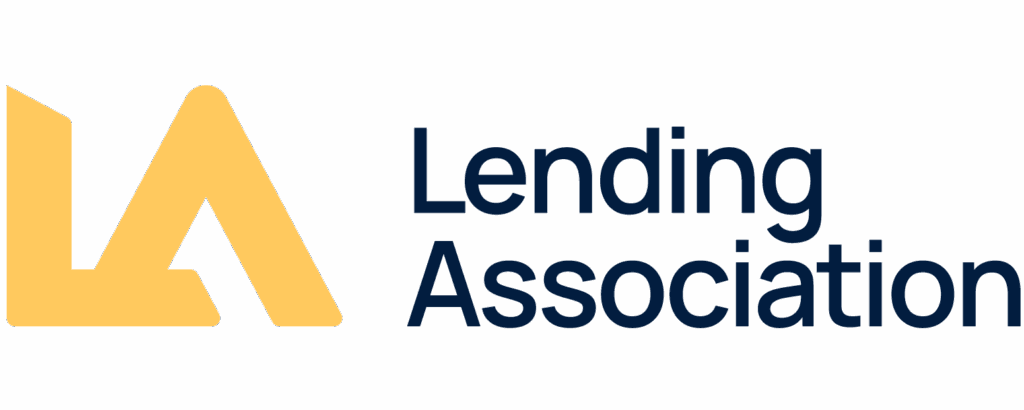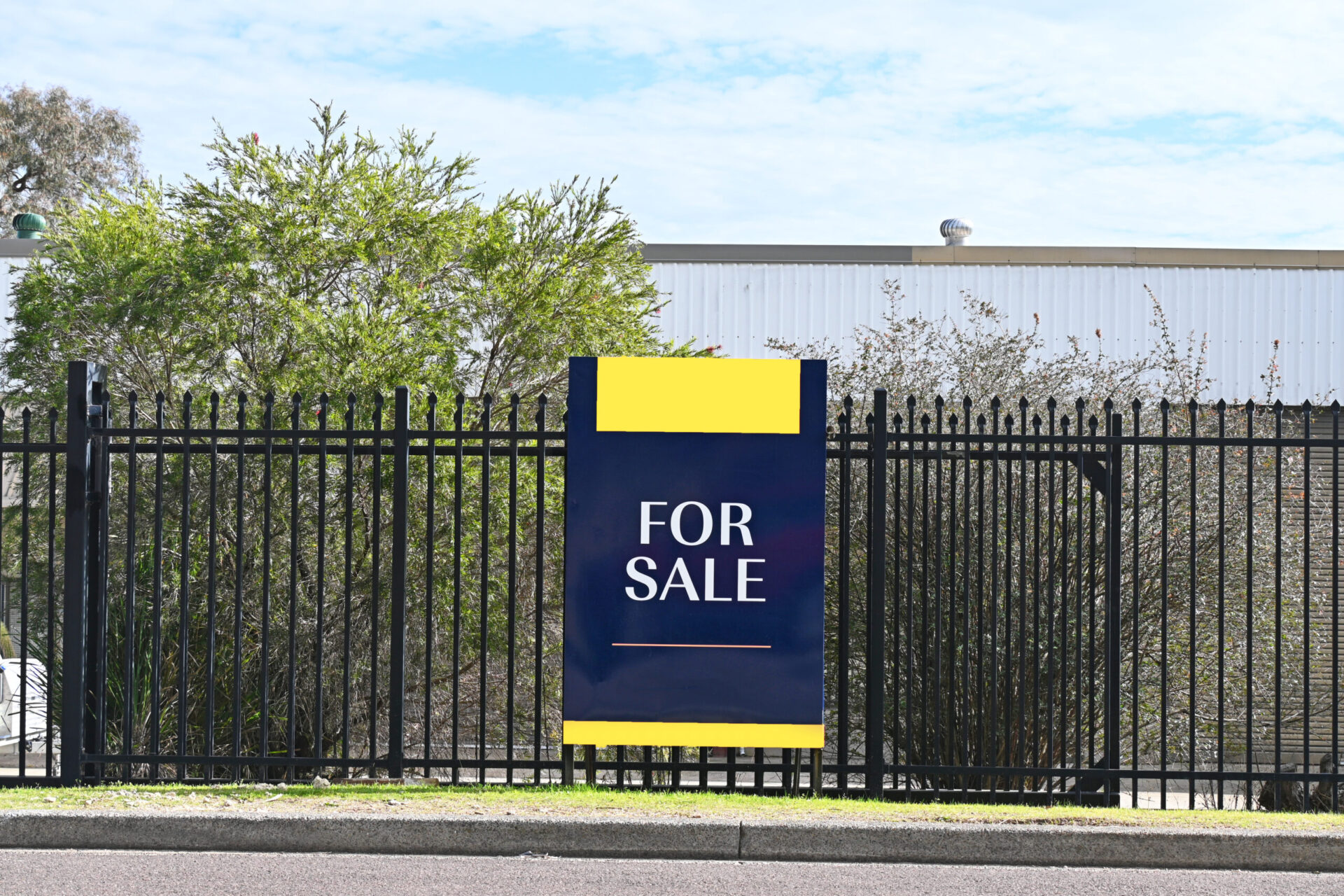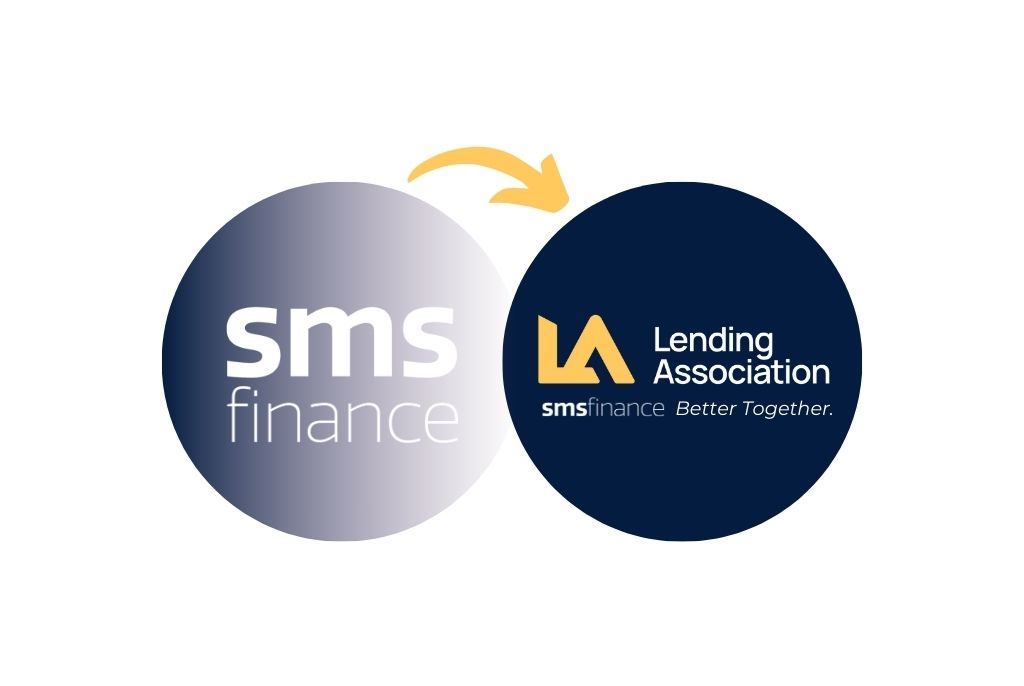Amidst the ongoing trend of continuous rate rises, the combination of low stock levels and low vacancy rates has left many homeowners and potential homebuyers with pressing questions. When will the rate rises stop? Will they stop at all? And if they don’t, should I fix my rate?
We understand the market can be confusing and challenging to say the least, however, if you are considering fixing your rate, you should look into the benefits and drawbacks of doing so.
The pros of fixing your rate:
Certainty on repayments:
The prospect of increased borrowing costs can create uncertainty for homeowners and potential homebuyers alike. Opting for a fixed-rate loan provides stability and predictability in your monthly payments. This can be advantageous for budgeting purposes, as it eliminates the uncertainty associated with potential rate hikes.
Protection against future rate rises:
By locking in a fixed-rate, you shield yourself from future rate hikes. This can be particularly appealing if you anticipate that rates will continue to rise, allowing you to secure a lower rate for an extended period.
Easier budgeting:
Knowing that your rate won’t change during the fixed term can provide peace of mind. This stability enables you to plan your finances accordingly and avoid potential financial strain from further rate rises.
The cons of fixing your rate:
Switching loan costs and limitations
Before fixing your rate, it’s essential to assess the potential impact on your repayments and any associated fees. Switching loans can incur costs, so carefully evaluate the fees involved and how they could affect your financial situation. Additionally, fixed-rate loans often come with limitations, such as restrictions on redraw facilities or limited access to offset accounts.
Break costs and early repayment penalties
Most lenders charge “break costs” if you make extra repayments or repay the loan in part or full before the end of the fixed-rate term. These penalties can significantly offset any potential savings or advantages of fixing your rate.
Get on the front foot.
Everyone’s individual situation is unique and fixing your rate may not always be the right option. We know that the market can seem very overwhelming, so we are here to do the research for you. Our team are here to alleviate any stress you may have and provide insights to help you make an informed decision about whether to fix your rate and present some options that are right for you.
Disclaimer: Any information provided herein is of a general nature only. No consideration has been taken into your objectives, needs or financial situation. Before acting on this information you should consider if it is appropriate for your situation.




